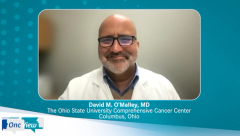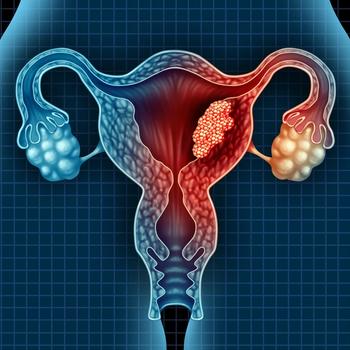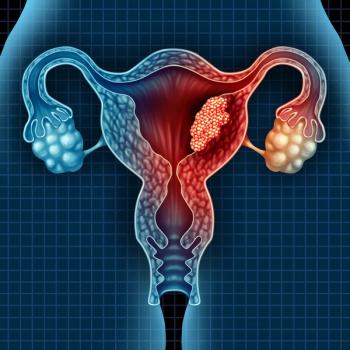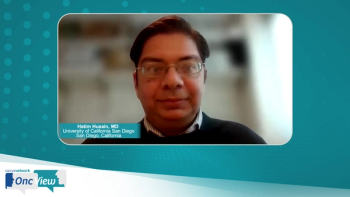
Overview of Endometrial Carcinoma
David O’Malley, MD, provides a comprehensive overview of endometrial carcinoma and treatment options for patients in this setting.
Episodes in this series

Transcript:
David M. O’Malley, MD: Hello, and welcome to this Contemporary Cancer Network OncView program titled, “Clinical Prospectives in the Evolving Treatment of Advanced Endometrial Cancer.” I’m David O’Malley from The Ohio State University in the James Comprehensive Cancer Center, where I’m honored to lead the division of Gynecologic Oncology.
Advanced recurrent and metastatic endometrial cancer are really lumped into 1 big group of patients. Currently, the risk of recurrence drastically depends on the stage of the initial diagnosis. Most stage 4 patients, patients who are diagnosed with metastatic disease beyond the lymph nodes, recur. Most early-stage disease are cured depending on how high risk they are. In early-stage disease, we cure most of those patients with local therapy like a hysterectomy, with staging, but some of them will have chemotherapy or radiation, and rarely both. In more advanced stage disease, the chance of curative intent goes down but it’s actually still quite high in local regional disease or lymph node disease, I should say, and is high and depending on which populations. We can see about 60% of patients still having their cancer treated to the point it does not return. I use the word “cure.” I know some people don’t like to use that term. When we look at those patients who recur or who are first diagnosed, most patients are initially diagnosed in local or local-regional disease and then recur. Typically, in my practice, patients are coming in at the time of diagnosis with a biopsy showing they have endometrial cancer. But in many practices, beyond GYN [gynecologic] oncologist, we have patients who are referred once they need chemotherapy or once they’ve had a recurrence. It’s important as we look at patients that we first identify what prior therapies they’ve had, if any, and that may impact what we treat. So first-line therapy for recurrent metastatic disease, if they’ve previously had therapy for local-regional or local disease, may actually be second-line therapy. But overall, let’s talk about patients upon presentation of advanced metastatic and recurrent endometrial cancer.
Transcript edited for clarity.
Newsletter
Stay up to date on recent advances in the multidisciplinary approach to cancer.





































